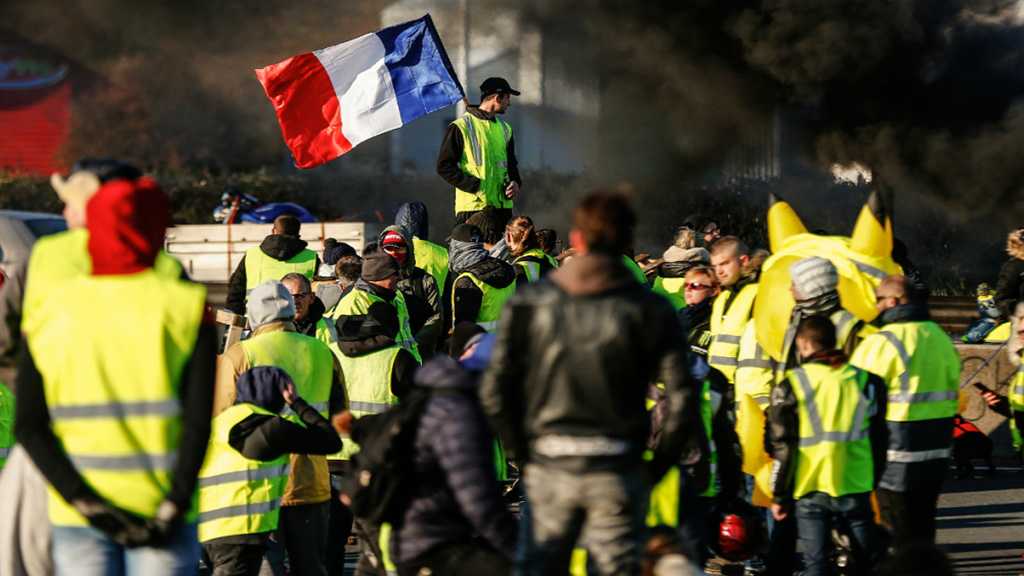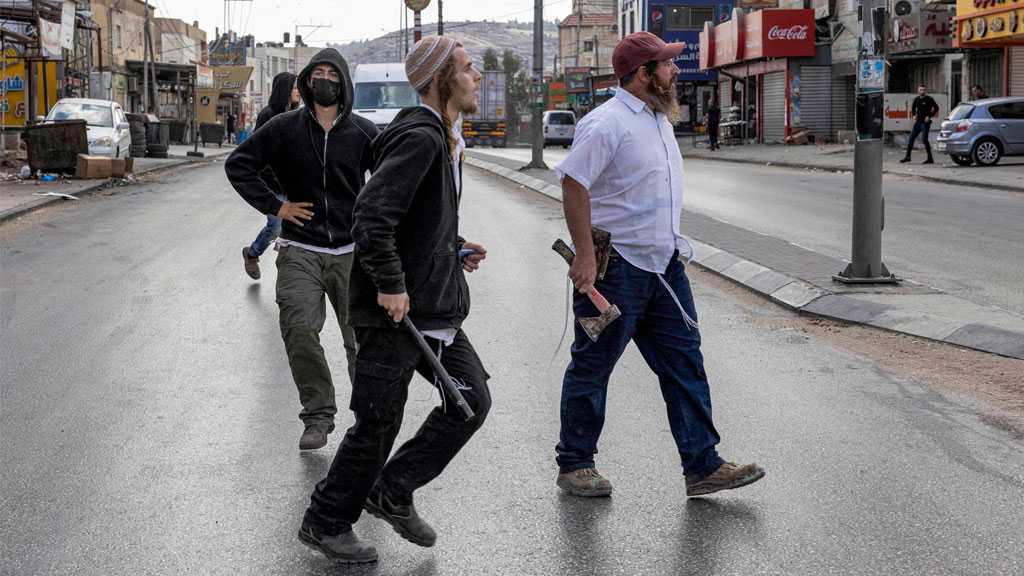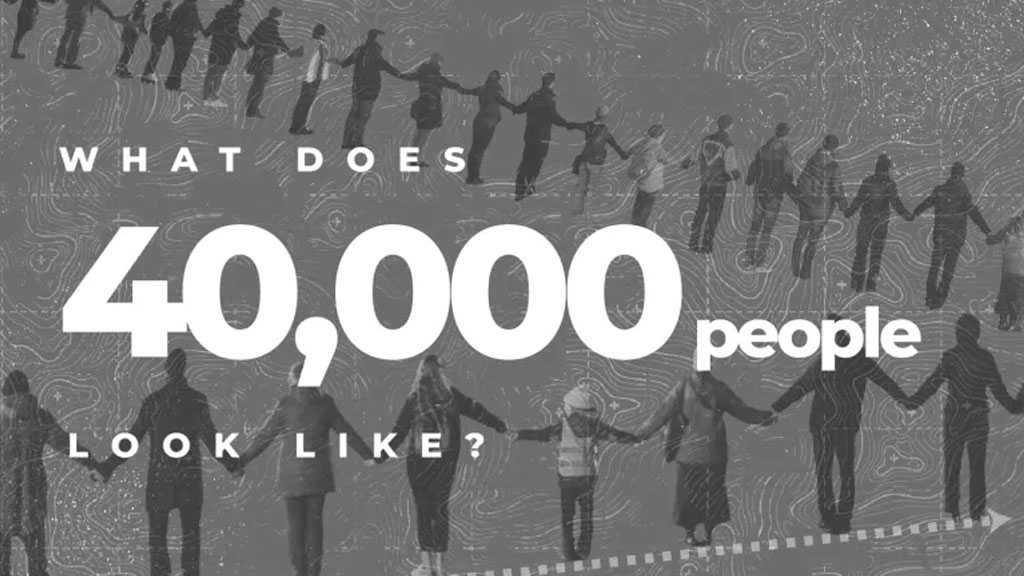
Editor’s Picks: The Yellow Vests’ Domino Effect?

Local Editor
As France witnessed the fifth week of protests by the then-popular “Yellow Vests” or as they are known by the French naming of the “Gilets Jaunes”, fears now are represented by their spreading across others countries.
This was due to similar protests hitting several countries, Canada for example.
Commenting on the issue, world media came up with some analysis pieces among which we picked you a few to track the latest on the European platform.
To begin with, Alissa J. Rubin wrote for the New York Times: France’s Yellow Vests Confront Macron with a New Reality.
Emmanuel Macron’s presidency was battling a crisis less than two weeks ago, blindsided by the gathering strength and fury of the “Yellow Vests” protests sweeping the country. On the streets of Paris, demonstrators shouted for Mr. Macron’s resignation or denounced him as an arrogant president of the rich.
Now, after last weekend’s protests turned out to be smaller and more restrained — partly because of quick economic relief promised by Mr. Macron, as well as a shift in the national mood following a terror attack in Strasbourg — he seems to have gotten a reprieve. The survival of his presidency may no longer be at stake, but its shape and direction seem certain to change.
He was elected in 2017 in part on his promise to bring a revolution to France — in the economy, in the job market, in France’s social welfare model. He has already confronted unions, rewritten labor laws and cut taxes for companies and the rich, in the name of spurring economic growth.
But even if the ultimate impact of the Yellow Vests is hard to foresee, the movement already has forced Mr. Macron to backtrack on some tax increases and move to put more money in the pockets of the poorest workers. It also will force him to rethink his upcoming proposals to change laws on pensions and unemployment, politicians, pollsters and economists said.
“The consequence is that there is a before the Yellow Vests and an after, and he cannot continue his reforms at the speed of a TGV,” said Bruno Cautrés, a political scientist at the university Sciences Po, referring to France’s 200-plus-mile-per-hour trains.
“He will have to change not only his approach but the content,” predicted Mr. Cautrés, who like many others say that the Yellow Vests movement is fueled by mix of financial inequality, failures in France’s electoral system and frustration from a sense of being unheard…
He came to the presidency without ever having been elected to political office. But rather than recognizing that he lacked an ear to the ground, critics say, Mr. Macron eschewed meetings with mayors and elected officials and refused offers by unions to work with him.
Instead he surrounded himself with advisers who may have been smart but shared a naïveté about the changes that real people could accept.
Mr. Macron did little to help himself in that regard, said Jérôme Fourquet, the head of opinion polling at IFOP, a polling firm. “The politics that he carried out, ending the tax on large fortunes, diminishing the housing subsidy, and going ahead with a hike in the fuel tax combined with some of his comments, like ‘to find a job you just have to cross the street,’ all of this focused the criticisms on him,” he said.
For their part, Andrew Roth from Moscow and Angelique Chrisafis from Paris wrote for The Guardian a piece entitled Gilets jaunes: grassroots heroes or tools of the Kremlin?
Protests in the west are now treated with wariness, and France is already investigating whether it too has been a victim of Russian disinformation.
Projects that track Kremlin influence abroad, such as the Alliance for Securing Democracy dashboard, listed “#giletsjaunes” as one of the trending terms used by accounts “linked to Russian influence operations”.
The think-tank doesn’t name the accounts it monitors, which makes checking the reports impossible. But in this case it would be hard not to notice Russian media laser-focused on the protests and Russian online trolls doing what they love: trolling.
What similar studies do not measure is the efficacy of Russian messaging. Can fake Facebook groups or flashy RT programming prompt mass protest movements or significantly change voting behavior abroad?
It is possible that time will come, but there is scant evidence to prove that it has done so already. For the moment, on-the-ground reporting shows that participants in the gilets jaunes (yellow vests) have organic, significant causes for protest that are tied neither closely to Russia or to what they read online.
The gilets jaunes movement is a grassroots citizens’ movement that has no leader or organized structure. The protests began in November against a proposed fuel tax that would have pushed up the price of petrol, affecting many people in rural and suburban areas who depend on cars, having little access to public transport.
Meanwhile, Henrik Enderlein’s Spiegel Online considered If Macron Fails, Europe Fails.
Famed German political sociologist Max Weber once argued that the two great drivers of revolutionary power were charisma and rationality. Charisma depends on enthusiasm, rationality on intellectualization. According to this blueprint, Emmanuel Macron would seemingly be the ideal revolutionary. He combines charisma and intellect like few others and believes in the need to change France, Europe and the world. The book about his campaign is called simply: "Révolution." Macron sees himself as a know-it-all in the best sense of the term, but precisely that is also his greatest weakness. Nowhere did Weber write that charisma and intellect magnify each other when combined. A glance at the trajectory of Macron's popularity in France might lead to the assumption that the two qualities cancel each other out. Can a charismatic leader be a know-it-all? Can a know-it-all have charisma?
Macron has tried to calm protesters by raising the minimum wage, among other concessions. But if the yellow vests continue eroding his authority, it's not just France that will suffer. And Germany is partly at fault.
In the same respect, Sarah Maza wrote for the Washington Post: The ‘yellow vests’ are tainting France’s revolutionary tradition.
Political conditions in today’s France do have some similarities with the situation in 1789. Macron’s 2017 election as an independent — a blow to traditional political parties — has resulted in an atomized population facing an isolated president just as when the French kings lured aristocratic grandees to the golden cage of Versailles, leaving the people to face an increasingly remote central state without patrons and protectors.
But the similarities end there. The working-class revolutionaries of 1789 were inspired and sometimes manipulated by the upper-class liberal ideologues who clashed with the monarchy over issues of representation. The gilets jaunes are on their own, leaderless by choice and defiantly anti-political. Their emblem, the fluorescent yellow safety vest, unlike the revolutionary patriots’ red cap of liberty, symbolizes angry anarchism rather than democratic freedoms, and concessions do little to appease them. The government’s capitulation on their initial grievance, an increase in the gas tax, as well as Macron’s frantic back-pedaling on wage- and pension-related matters last week, have barely slowed their whack-a-mole succession of demands, including for the dissolution of the National Assembly and the president’s resignation.
Source: Al-Ahed New
Comments



